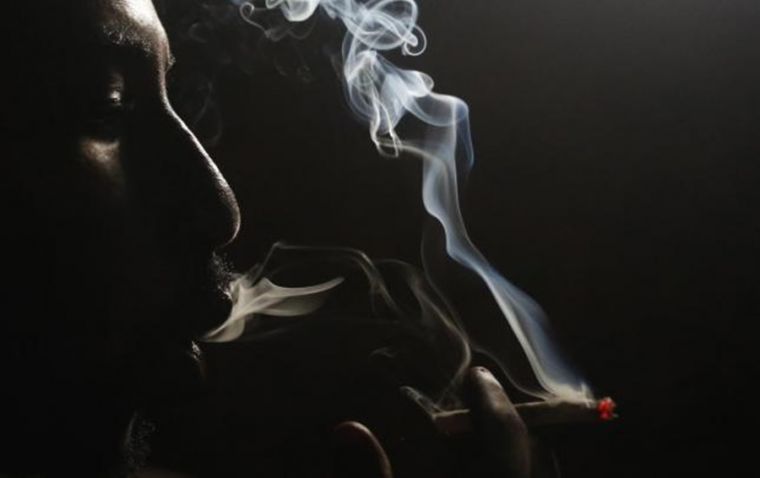Baptist pastor says churches can help in drug users' rehabilitation, lauds action taken by U.S. Congress

A Baptist pastor said churches can help in the rehabilitation of opioid abusers as he welcomed a measure passed by U.S. Congress to address the problem.
The U.S. Senate passed on July 13 the Comprehensive Addiction and Recovery Act, which was also passed by the House a week earlier. The measure will increase funding for abuse programmes and make medication to fight addiction more readily available, according to the Baptist Press.
According to Gary Robbins, pastor of East Williamson Baptist in West Virginia, opiod abuse "has hit everywhere."
Opioids relieve pain, and morphine is classified as such. Morphine is synthesised to make heroin.
Barrett Duke, vice president for public policy and research of the Southern Baptist Ethics & Religious Liberty Commission, said, "There is something in this law for every kind of opioid user."
"The person in pain will have more resources brought to bear to ensure the responsible and appropriate use of these drugs to deal with their legitimate needs. Others who use these drugs to mask the effects of emotional, psychological or spiritual pain will find more resources available to help them deal with their real needs," he said.
Robbins provides food and transportation to counsel opioid abusers in his town.
"We go in with counselling, we try to encourage them, and we try to show them what type of effect it is having on their children and on society. We try to give them the whole nine yards," the pastor said.
Last year the West Virginia Convention of Southern Baptists adopted a resolution to urge "every faithful Christian" to "bear a definite responsibility to achieve a successful solution" to the problem of drug abuse including messengers pledging total abstention from alcohol and illegal drugs.
He said the ultimate solution to the opioid abuse problem is in the Gospel.
"Our only hope is a changed heart. God is going to have to do that. We just trust in the Lord. One of the things our churches are going to have to get over is condemning those people and treating them like they can't be reached. We don't have to agree with it, but we got to love them," he said.
Rich Chegg, state director of missions, said opioid abuse is a major problem in New Hampshire, which ranks second worst in providing abuse treatment, according to the U.S. Department of Health and Human Services.
"We have seen a huge increase in the number of heroin addicts in our small city of Manchester," he said. "The sad reality is that while just driving to the grocery store, you will typically see a few heroin addicts on the street. The number of people panhandling has drastically increased."
Chegg said churches need to get involved.
"The church should support foster and adoptive work within their communities. Right now the system is so overwhelmed.... For those struggling with addiction, the church can help provide resources and support faith-based drug rehab programmes," he said.











